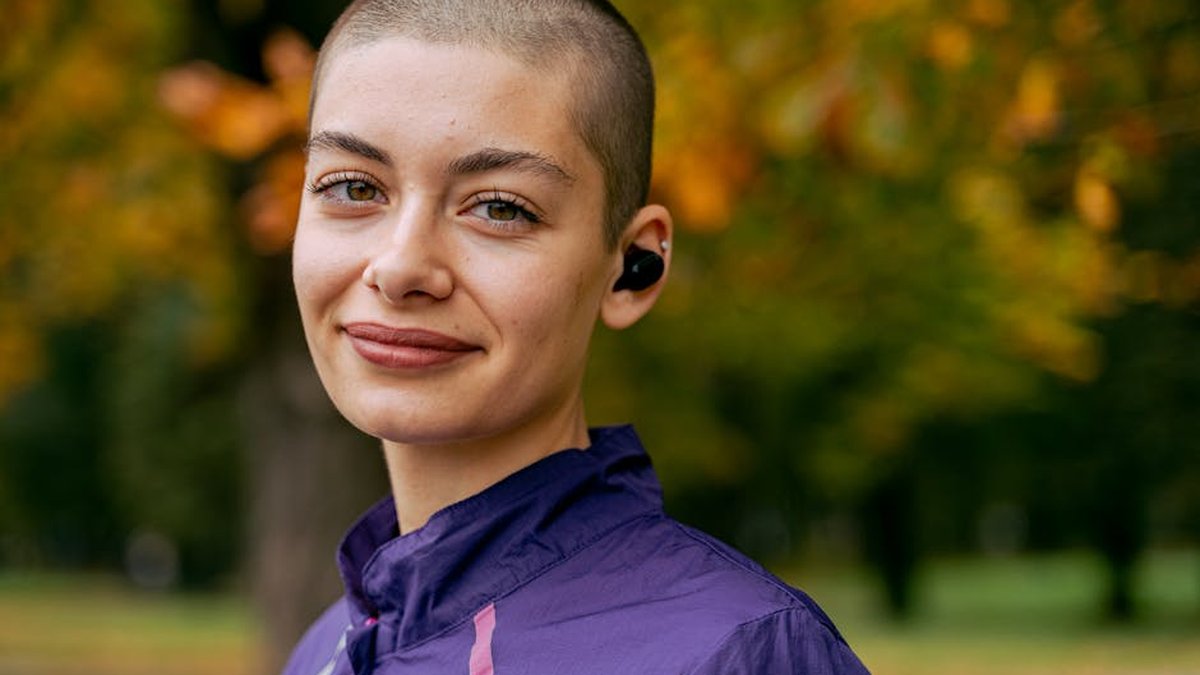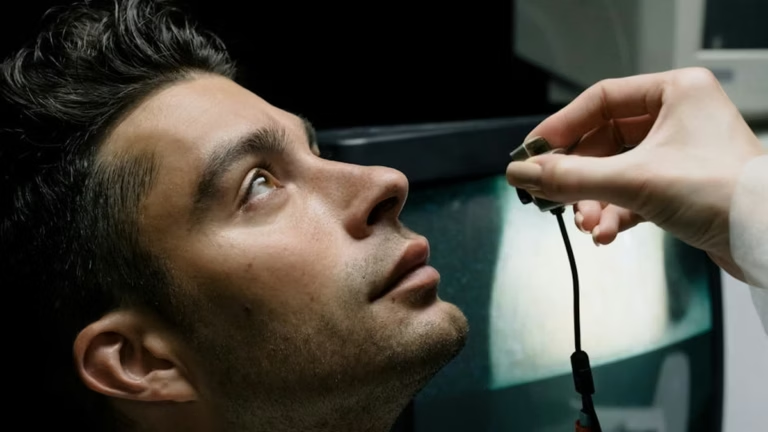October is Breast Cancer Awareness Month: Early Detection and Prevention
Understanding Breast Cancer Awareness Month
October is internationally recognized as Breast Cancer Awareness Month, a time dedicated to raising awareness about this prevalent disease and promoting early detection and prevention. It’s a crucial opportunity to educate ourselves and others about the importance of regular screenings, healthy lifestyle choices, and the advancements being made in breast cancer research and treatment. This month serves as a powerful reminder that we can all play a role in reducing the impact of breast cancer.
The Importance of Early Detection
Early detection is arguably the most crucial factor in successful breast cancer treatment. When breast cancer is detected early, it is often more treatable, and the chances of survival are significantly higher. This is why regular screenings and self-exams are so important.
Self-Exams
Performing regular self-exams can help you become familiar with the normal look and feel of your breasts, making it easier to detect any changes or abnormalities. While self-exams are not a substitute for clinical exams or mammograms, they can be a valuable tool in early detection. Here’s how to perform a self-exam:
- In the shower: Use the pads of your fingers to check your entire breast, moving in a circular pattern from the outside to the center. Check your underarm area as well.
- In front of a mirror: Visually inspect your breasts with your arms at your sides, then with your arms raised overhead. Look for any changes in size, shape, or contour, dimpling, puckering, or redness.
- Lying down: Place a pillow under your shoulder and repeat the circular motion examination.
Clinical Breast Exams
A clinical breast exam is performed by a healthcare professional. They will physically examine your breasts and underarm area to check for any lumps or abnormalities. These exams are typically recommended as part of a routine checkup.
Mammograms
Mammograms are X-ray images of the breast used to screen for breast cancer. They can often detect tumors before they are large enough to be felt. Guidelines for mammogram screening vary, so it’s important to discuss your individual risk factors and screening schedule with your doctor. The American Cancer Society recommends women at average risk begin yearly mammograms at age 45, with the option to start as early as age 40.
Prevention Strategies
While there is no guaranteed way to prevent breast cancer, there are several lifestyle choices and strategies that can reduce your risk.
Healthy Lifestyle Choices
Adopting a healthy lifestyle can significantly impact your overall health and reduce your risk of breast cancer. This includes:
- Maintaining a healthy weight: Obesity, especially after menopause, is linked to an increased risk of breast cancer.
- Eating a balanced diet: Focus on fruits, vegetables, and whole grains. Limit processed foods, red meat, and sugary drinks.
- Regular physical activity: Aim for at least 150 minutes of moderate-intensity or 75 minutes of vigorous-intensity exercise per week.
- Limiting alcohol consumption: If you choose to drink alcohol, do so in moderation (no more than one drink per day for women).
- Avoiding tobacco use: Smoking is linked to a variety of cancers, including breast cancer.
Understanding Your Risk Factors
Certain factors can increase your risk of developing breast cancer. While some risk factors are unavoidable, understanding them can help you make informed decisions about your health. Risk factors include:
- Age: The risk of breast cancer increases with age.
- Family history: Having a close relative (mother, sister, daughter) who has had breast cancer increases your risk.
- Genetics: Certain gene mutations, such as BRCA1 and BRCA2, significantly increase the risk of breast cancer.
- Personal history: Having had breast cancer or certain non-cancerous breast conditions increases your risk.
- Dense breast tissue: Women with dense breast tissue have a higher risk of breast cancer and it can also make it harder to detect tumors on mammograms.
- Hormone therapy: Use of hormone therapy after menopause can increase the risk of breast cancer.
Staying Informed and Supportive
Breast Cancer Awareness Month is also a time to support those affected by breast cancer. This can involve donating to research organizations, volunteering your time, or simply offering emotional support to friends and family members who are battling the disease. Staying informed about the latest advancements in breast cancer research and treatment can also empower you to make informed decisions about your health and advocate for yourself and others.
Conclusion
October serves as a powerful reminder of the importance of breast cancer awareness, early detection, and prevention. By taking proactive steps to understand our risks, engaging in regular screenings, and adopting healthy lifestyle choices, we can all contribute to reducing the impact of this disease. Let’s use this month to educate ourselves and others, support those affected by breast cancer, and continue the fight for a future without breast cancer. Remember, early detection saves lives!






